Industrial gases are usually clean when they are produced. The cleanest gases are often the rarest and hardest to obtain. However, various processes are implemented to ensure their cleanliness and purity from the start.
Flammable gases and gases that support combustion must be especially clean, as any impurities can potentially cause accidental ignition if the conditions are right.
Inert gases typically remain clean as they do not react with anything during their journey. However, they can accumulate impurities during transportation or at the point of use in a factory if the pipework has not been adequately cleaned.
CO₂ is one of the most challenging gases to keep clean. It is often recovered as a by-product from another process or reaction, which involves the use of compressors and storage tanks. Oils can collect or be added to the CO₂ during the recovery and compression process. Additionally, CO₂ gas, particularly in liquid form, is highly effective at dissolving oils and other materials, such as rubber pipes, if they are not lined with PTFE, for example. The contamination may come out of solution later when there is a significant pressure change, such as through a pressure regulator.
Regardless of the initial purity of the gas, any gas supply line could potentially pick up contamination at some point. Therefore, it is recommended to install our relatively inexpensive filters to protect the process from contamination. We provide a range of filters to protect your gas supply lines from contamination. You can view our range here.
